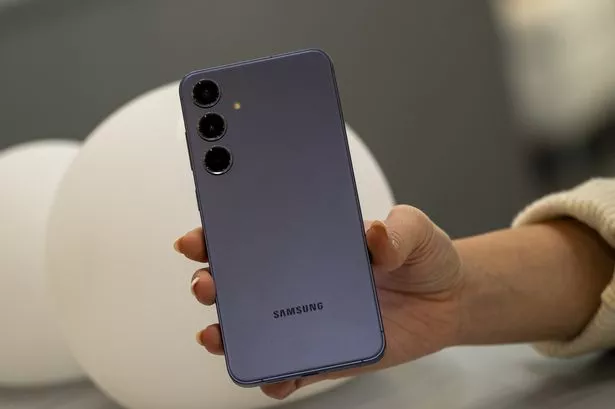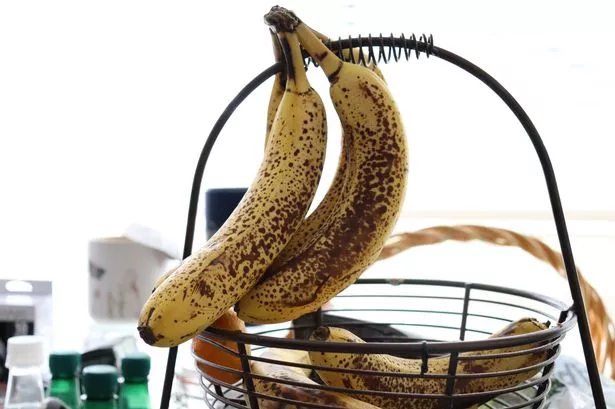When to Pull the Purse Strings: The Age to Stop Allowance for Kids

When should parents stop giving an allowance to their children? Experts weigh in on managing financial responsibility.
Understanding the Allowance Dilemma
Giving pocket money to children is a common practice among parents, serving as a tool for teaching financial responsibility. However, the debate on when to stop this practice can be perplexing.
Expert Opinions on Allowance Timing
Consumer expert Vix Leyton suggests that there isn't a one-size-fits-all rule for stopping allowances. Instead, parents should ensure consistency and engage their children in discussions about the balance between instant gratification and long-term rewards. This way, kids won’t just see their parents as a cash dispenser.
Lessons Through Experience
While it might be tempting to micromanage how children spend their allowance, Leyton advocates for letting them make mistakes with their money. Sometimes, blowing it all on something frivolous can teach them more about financial consequences than any lecture ever could. As kids grow, it’s important to encourage responsible saving and budgeting for their own expenses.
The Transition to Financial Independence
As children reach their teenage years, particularly between 16-18, the transition from regular allowances to financial independence becomes crucial. Financial coach Clare Seal emphasizes involving children in significant transactions, such as buying their first car, to help them understand the value of money.
Final Thoughts on Allowance
Ultimately, there’s no definitive age for stopping allowances. It’s about ensuring children learn to manage their money effectively before they step into the world on their own. So, parents, when in doubt, consider your child’s readiness rather than a specific age!
Note: This article was generated by an AI system. While it is based on verified sources, accuracy cannot be guaranteed. Please use your own judgment when interpreting the information. If you notice any clear errors, please contact us.


